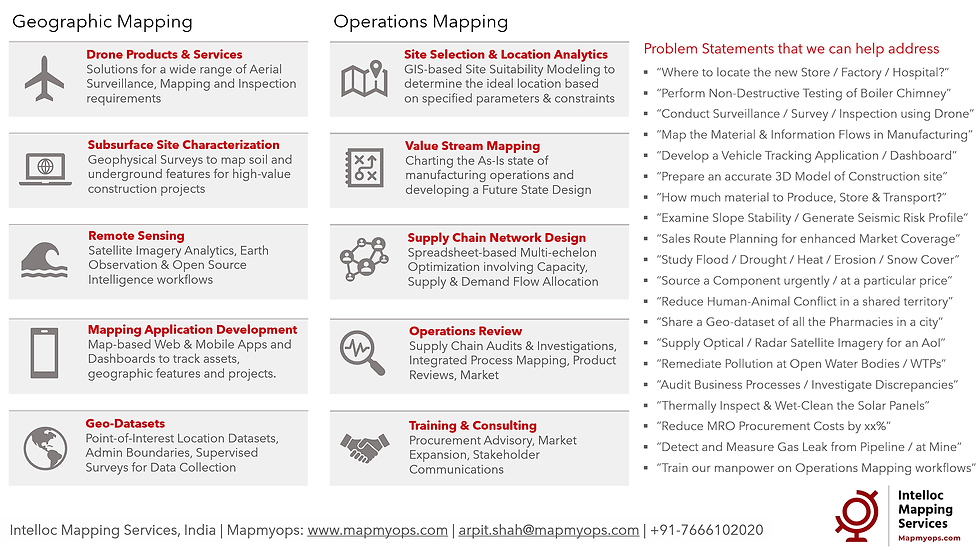In the process of drafting the headline for this article, my thoughts were transported to my days as an undergraduate in Mumbai more than ten years ago - I used to study at a college located in a suburb called Vile Parle - which incidentally falls in an 'Airport Funnel Zone'.
Regulated by the Ministry of Defence (MoD), this zone is 'a strategic hypothetical cone extending outwards and upwards from the two shorter ends of the rectangular runway'. While I didn't know about this term back then, I was aware about the rumored 'influence' that my university's board exercised in securing extra FSI (Floor Space Index) for the building which would house its flagship campus. Besides, it was evident to all that several of the board's campus buildings on the street were some of the tallest in the vicinity, if not across the entire suburb.
The stringent limit (FSI capping) to the building's elevation in an airport funnel zone is in place, much to the dismay of real estate developers, because taller buildings may pose a hazard to flights during its take-off or descent.
Right from entering the airport, to the numerous checks involved, instructions from the cabin crew, and black box investigation during disasters, Aviation safety is taken very seriously by one and all. Perhaps, it is the nature of the industry - objects flying at very high speeds and at at a very high elevation - which poses a risk to both, the passengers within and to the people and assets on ground and therefore needs to be carefully monitored at all times.
And because everything happens in such a controlled environment, Aviation safety records are well documented and reliable to refer to, as well.


Limited number of accidents / incidents in any particular grouping does not indicate, in any way, that the particular process is less vital in terms of aviation risk involved. On the contrary, it may be so because that process is paid very close attention to and taken good care of. For example, while Ground Collision Accidents (GCOL) category experiences very few accidents, I can assure you that by the time you've seen the upcoming video in this article, you'll appreciate the technology available at our disposal to prevent it from happening in the first place.
Geographic Information System (GIS) is a very broad concept with numerous applications. Essentially, it is an advanced mapping platform for all kinds of geodata workflows - from documentation and location analytics to visualization and storage.
Due to GIS' enormous utility to a wide variety of industries, software developers are evolving their offerings: Alongside improving the core mapping suite, they also create industry-specific or need-specific extensions to their software, which the concerned industry's specialists can procure additionally and benefit from.
I've performed GIS exercises on such extensions before and written about it - Military Operations, Solar Siting, Drone Mapping, Location Selection.
In this article, I am going to demonstrate the GIS extension specific to Aviation - ArcGIS Aviation Airports which assists is safe flight navigation around an airport.


The Aviation GIS walkthrough, as captured in the video below, revolves around creating our very own Airport Funnel Zone around the runway i.e. an Obstruction Identification Surface or OIS in Aviation parlance. We will use this OIS to see whether existing objects on the ground (towers, buildings, poles etc.) as well as proposed objects (construction cranes besides the runway) pose a safety threat to airplanes on its flight path or not.
Specific sections covered in the video are as follows -
1) Loading Data onto the GIS platform
2) Interpreting the Layers in the Map Package
3) Loading Existing Objects and Proposed Objects onto the Map Project
4) Generating an Obstruction Identification Surface
5) Obstacle Analysis
6) 3D Conversion, Rendering, Symbolizing & Exploration
(Much thanks to Esri & its LearnArcGIS platform for developing the content and giving me access to the extension)
Interesting isn't it? Incidents like the one below, which occurred just a couple of days ago (28th March 2022) here in India itself, re-emphasizes the value of such advanced, sector-specific mapping applications.
ABOUT US
Intelloc Mapping Services | Mapmyops.com is based in Kolkata, India and engages in providing Mapping solutions that can be integrated with Operations Planning, Design and Audit workflows. These include but are not limited to - Drone Services, Subsurface Mapping Services, Location Analytics & App Development, Supply Chain Services & Remote Sensing Services. The services can be rendered pan-India, some even globally, and will aid an organization to meet its stated objectives especially pertaining to Operational Excellence, Cost Reduction, Sustainability and Growth.
Broadly, our area of expertise can be split into two categories - Geographic Mapping and Operations Mapping. The Infographic below highlights our capabilities.

Our 'Mapping for Operations'-themed workflow demonstrations can be accessed from the firm's Website / YouTube Channel and an overview can be obtained from this flyer. Happy to address queries and respond to documented requirements. Custom Demonstration, Training & Trials are facilitated only on a paid-basis. Looking forward to being of service.
Regards,


